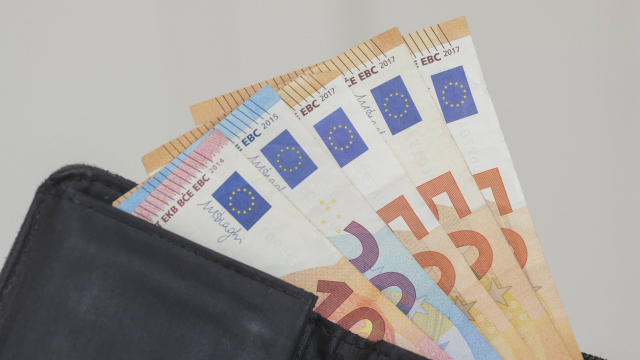Kučinskis wanted to dampen down the flames and above all else, provide words of assurance to stop the panic about Latvia spreading to the financial markets. And so he said, in effect, everything was under control in a press release rushed out in English much faster than usual:

But is fighting corruption really one of the main priorities of the government? It certainly is NOW, with the U.S. Treasury and State Department breathing down its neck and the European Central Bank wanting to know if its board member is allowed to leave the country or not. So, for a few days, fighting corruption really has been a priority, if only in order to try to get rid of the negative headlines. But could one really say the Kučinskis government is a clearly anti-corruption government?
When he came to power in early 2016, Kučinksis went through the usual process of drawing up a plan with his coalition partners, identifying the work they intended to do before the next elections, to be held in October 2018. The resulting documents clearly identify the government's priorities: that is their very purpose. They even provided a handy English-language summary, which can be read HERE.

Those, then, are the government's actual priorities in effect since 2016. Not direct mention of corruption, banks or fighting money-laundering. So it would seem that to claim such action as one of the "main priorities" of the government is dubious - unless of course, the campaign was covert in nature.
However, that is just a summary, so let's turn to the actual government declaration.
The government declaration lists 135 things the government intends to do during its term of office, covering the whole range of government responsibility. Nevertheless, if fighting corruption and money laundering is a "main priority" it might reasonably be expected that these topics would feature quite prominently.
Looking through the full list, Point number 26 makes a passing reference to "fighting against international tax evasion" in the context of reducing VAT and tax fraud and the shadow economy, mentioned alongside such threats as rigged cash registers and cash-in hand payments for work.
Points 48-53 are specifically flagged up as involving the financial markets. They are mainly about encouraging banks to lend more, using alternative financial instruments and so forth. Then in Point 51 we seem to get what we are looking for:
"Coordinated implementation of urgent financial sector policy arrangements, We will define the medium and long-term development vision of the sector, paying particular attention to reducing the risk of money-laundering and terrorist financing."
And that's it. A medium-to-long-term development vision and risk reduction. Out of 135 government projects, one and a half could be quoted in support of Kučinskis' declaration in Brussels.
Therefore it would seem the government's identification of anti-corruption action, particularly within the financial sector, as a "main priority" is of recent origin. Nevertheless it is a welcome development and it is to be hoped that the next government declaration to be drawn up after October's elections displays a more prominent and extensive commitment to this area of action.






























